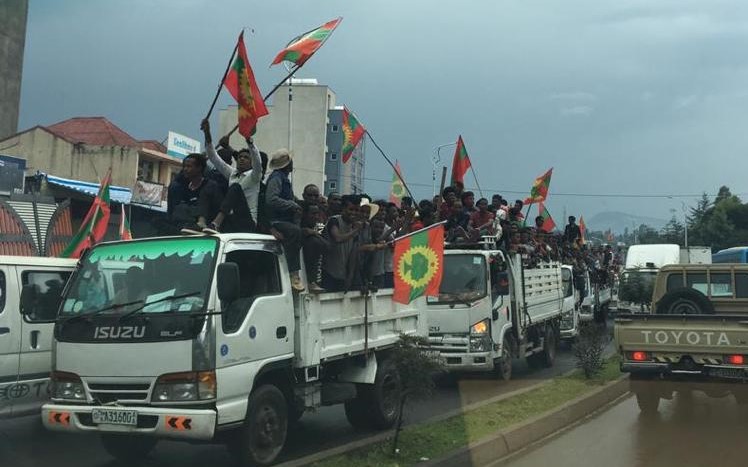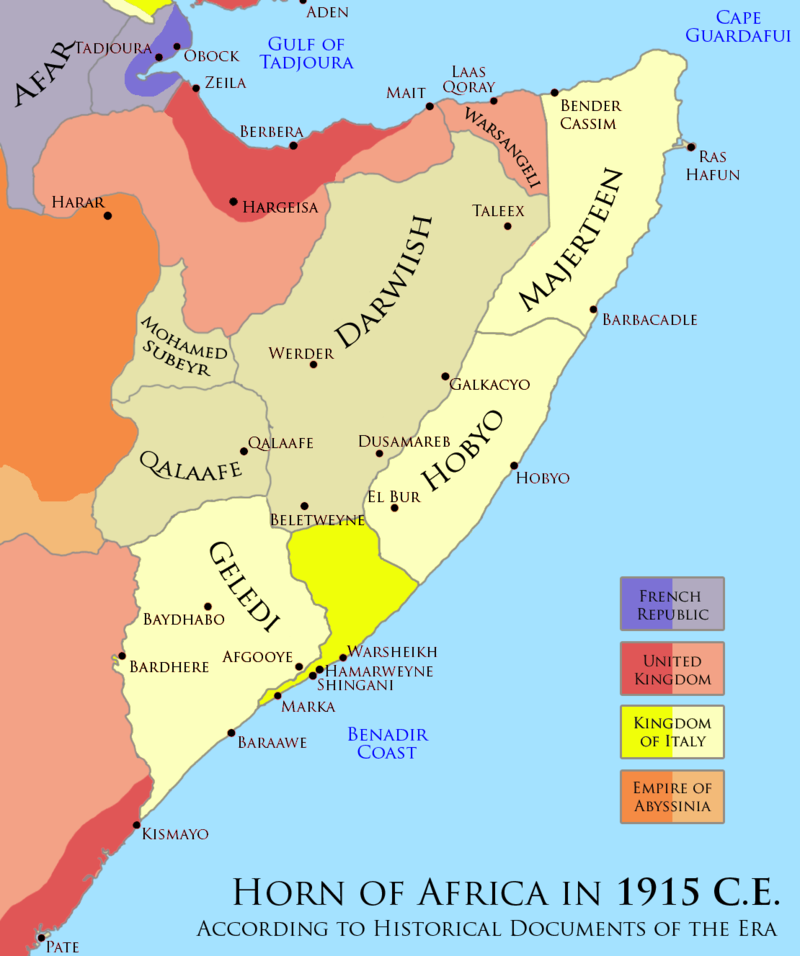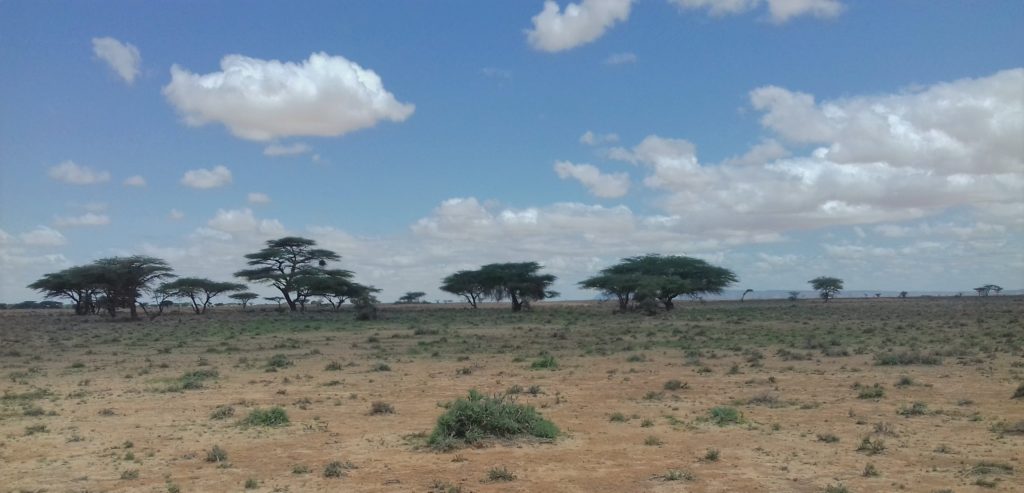This is a synthesis of my presentation on Wednesday 15 January to fellow doctoral students at the Centre de Recherches Internationales (CERI)/Sciences Po Paris.
Recently Sciences Po University announced it will impose restrictions on the travels of all doctoral students outside France. Students will need to obtain a ‘Mission Order’ which will probably be a mere formality for travels within Europe but will present difficulties when going to conflict areas. In general, the advice of the French Ministry of Foreign Affairs will be followed. I presented my own research activities in Somalia to a group of doctoral researchers of the CERI and we then discussed the impact these and other legal compliance measures might have on academic research activities.
Background on my research activities in Somalia
I enrolled in the PhD program at Sciences Po with as research subject the impact of international state-building interventions in Somalia in 2016, at the same time as I started a full-time job as head of research and analysis at an NGO working in Somalia. The job allowed me to develop a deep understanding of Somalia (and Somaliland, where I was stationed) and to build a network of Somali contacts; but I didn’t find time to do much research. After letting my first two precious years of PhD time slip through my hands I resigned. I was living with my family in Ethiopia and had to find ways to return to Somalia to accomplish my field research.
Continue reading







